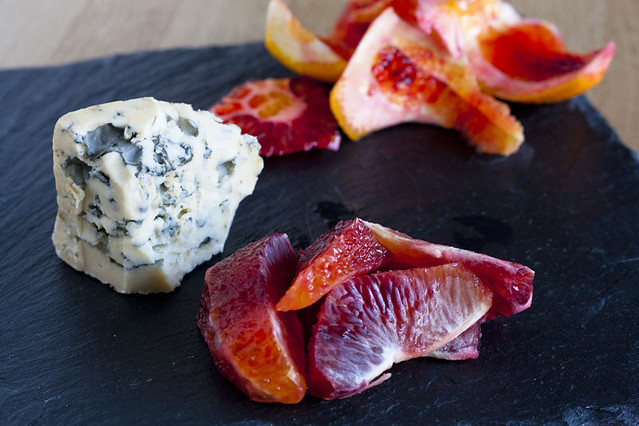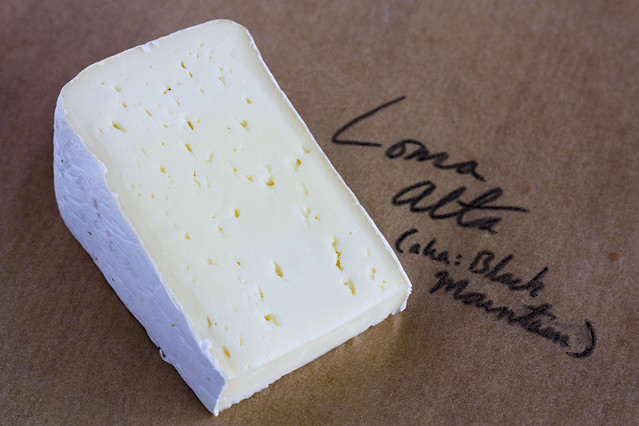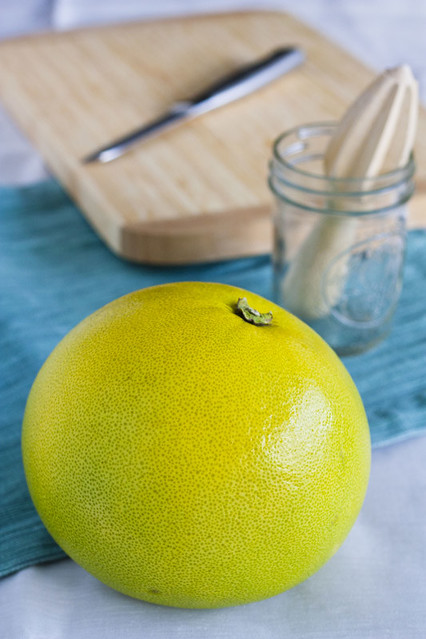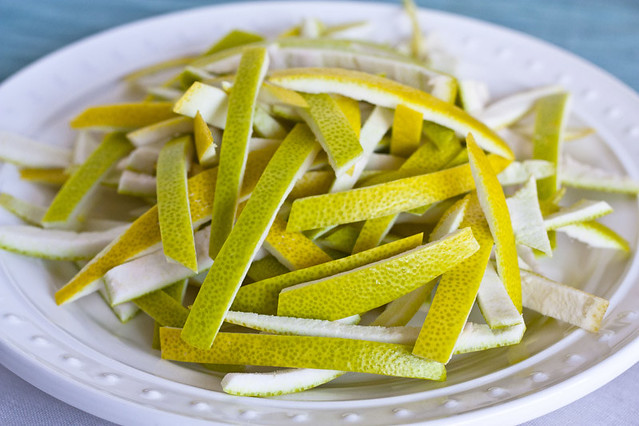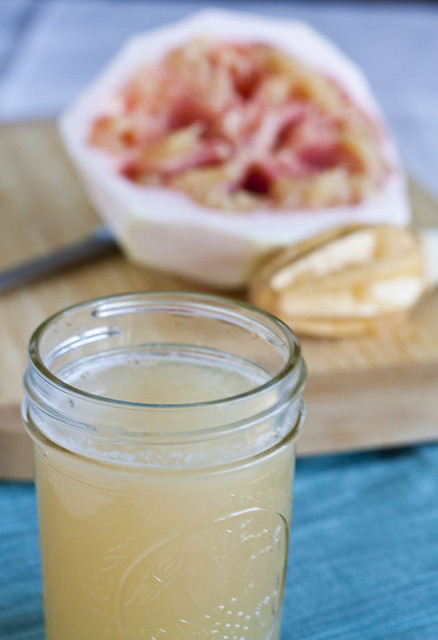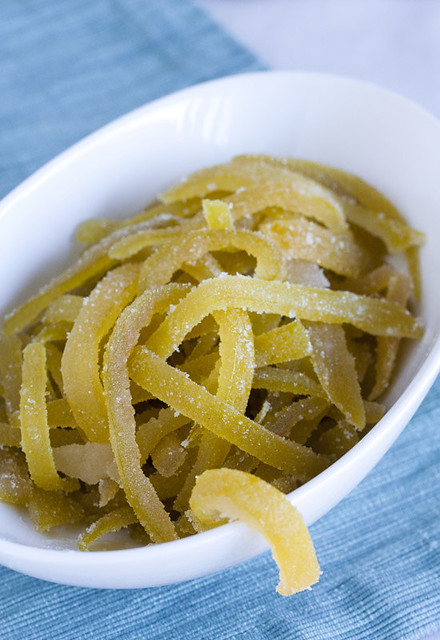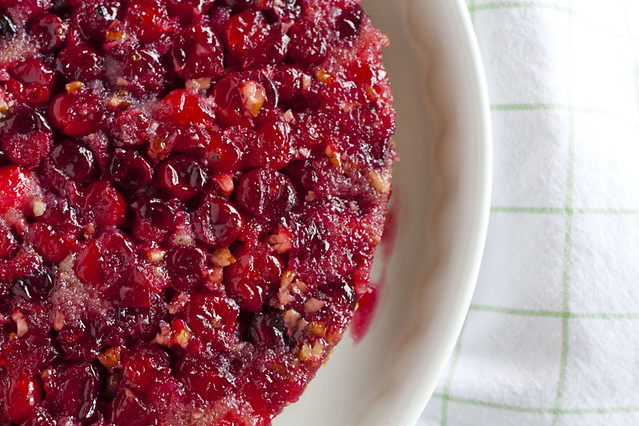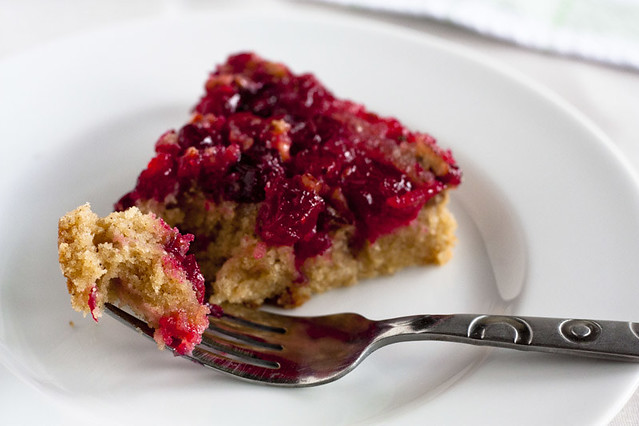
-Say what you want about scavenging for food. The results speak for themselves.-
It was called buzzarding for two reasons. The first and main reason was because of the obvious comparison to buzzards and their scavenging ways; how people would circle trays of food in a constantly tightening the gyre until they descended upon them and picked at whatever meat and bones were left. The second was because they would be buzzing all over the school like cracked-out crazy people trying to find a free meal.
The second was apt enough but it was the first that made the term so humorously endearing, so identifiable, and heaped onto you a feeling that you really were some sort of unclean beggar hiding in the shadows and waiting for the best opportunity to take, or, in some cases, outright steal.
Anyone who has gone to college can identify with buzzarding. Others call it freeganism, while some may simply call it scavenging, but all students have done it. As a student constantly expending energy through studying, Frisbee football tournaments, dating dramas, classes, all night parties and the inevitable mornings after that are first defined by the phrase “I am so hung over,” only to immediately be followed by, “God, I am so hungry,” food is a constant need at all hours of the day.
I don't think any student ever intends to debase themselves to hunting for food like a starved hyena. It goes against the notion that you're one of the educated elite that has to show it through dignified words and actions. However, when you're damn near poor and living off student loans and ramen then you learn to be okay with swallowing your pride for some free eats.

-Fresh Meyer lemons picked fresh from the Break Room.-
Regardless of the reasons why, buzzarding is a habit all college students must learn. If change cannot be found under the couch for a run to In-&-Out then buzzarding kicks into overdrive and the famished 20-something must put aside ego and hunt for food. It’s natural instinct.
Instinct or not, though, skills can be developed in order to hone the hunt for food. In college my roommates and I constantly kept on the lookout for flyers anoouncing events where food would be offered and we eagerly awaited various campus events where a buffet would be present. I snuck into club meetings that I was not a member of (the list of clubs I crashed is extensive ranging from the Communist Club, the Future Farmers, and far too many emo poetry readings with the Poetry Club who always had amazing mochas freshly made by one of its members that brought an espresso machine to meetings). I even made friends with plenty freshmen who could get me into the Dining Commons for free.
Encouraged by a friend, I was even an active volunteer for the Jewish community center. I wish my motives were wholly altruistic but damn it if these people didn’t know how to make a mean maror. I stayed on and assisted when I could knowing there was the promise of bagels and, sometimes, fresh challah. I eventually stopped volunteering, though, through a combination of guilt brought upon by a Lutheran upbringing and accidentally interrupting the prayer at Shabbat dinner by trying to quietly inhale a broiling hot latke without anyone noticing only to horribly and audibly burn my mouth.
I had other methods of feeding myself. I hoarded, God, I hoarded. Stocking my mini-fridge with filched food was like playing a game of Tetris every time I opened it.
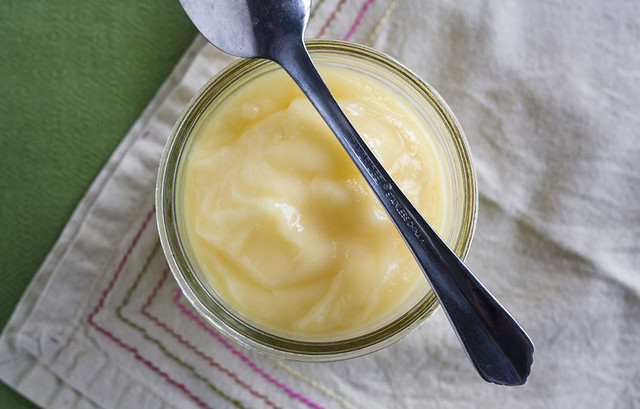
-While tasty on toast and scones I find lemon curd to be just as amazing on waffles, pancakes, ice cream, and even on the side to some leftover grilled chicken from the fridge.-
Lastly, since Davis is an agricultural town with a plenty of middle-to-upper class suburbs, there are plenty of fruit trees to raid if you know where to look. The first time that my roommate came home with a pillowcase filled with tangerines I chastised him for taking someone else's fruit. He argued that the tree was in the front yard and he only took what he knew were tangerines that had been sitting on the ground for the past few days. I checked the tree the next few days and, sure enough, plenty of fruit did drop and the owners never picked it up, let alone picked the fruit from the tree. The next week I went with him pillowcase in hand.
These days when I hear tales from my friends about how strangers are constantly swiping their fruit I gasp and chide these criminals with a wave of my finger as if they were in the room with us. (I am a hypocrite. I know that and I’m fine with it in regards to this issue. I stole from neglectful strangers. These people are stealing from friends who furtively pick the fruit on their trees with the intention to eat every single one. This is what I tell myself.)

-Scones are just so easy to make. I wonder why I don't make them more often?-
Of course, after college and having become a food writer one would think that I would have left these habits behind like the scratched up card table I ditched in my first post-college apartment. Sadly, this isn't the case. I still scavenge for food wherever I can find it. I don't think it will ever matter just how well-fed or well-off I am or become because if there are snacks nearby, be they in the form of veggie plate or candy bowl, I plan to slam down on it like the hand of God.
These habits aren't privy just to college students. If you've ever worked in an office environment you know what I mean. Leftover doughnuts from a meeting? No need to announce it over the loudspeaker. Your co-workers know. They can smell free food in the air the way a shark can smell a single drop of blood from a mile away. All you have to do is put them in the Break Room and back away before the wolves decend upon it. Be quick about it too, or you'll lose a finger.
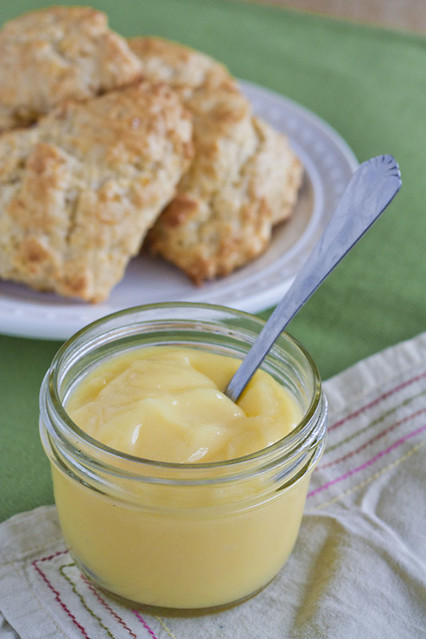
-If I knew in college what I know now. Not just about food but other stuff, too. I know I would have skipped a lot of bad dates.-
This is just as true at my new job back in the non-profit world. I brought my new co-workers some cupcakes (from Esther's, naturally), a sort of "Thanks for welcoming me" gift, and before I could blink all that was left were crumbs and torn up cupcake papers - a practical baked goods Blitzkrieg.
Don't worry though. I showed them.
At the end of my third day, I found an entire sack of Meyer lemons. Written on a piece of paper taped to the wall next to them was a note, "From the tree. Please take." So I did.
To justify my actions let me explain that after an entire day the sack was still nearly full. Most people, it seemed, didn't know what to do with almost ten pounds of lemons.
Amateurs. I made that bag of lemons my bitch.

-Regular lemons or even limes would be just as delightful in these recipes.-
Much of it went to pitcher after pitcher of lemonade. The rest of the juice and zest was quickly prepped and tossed into containers in the freezer for future baking projects. I've also been promised even more lemons, so you can anticipate that many cans of vanilla bean and Meyer lemon marmalade is in my future.
However, what I was feeling like that night I got home - what I was really craving - was lemon curd. Really sour, creamy, lemon curd with enough spark to start a car. And, perhaps, some lemon scones to smear it on. Yes, lemon on lemon. The best kind of lemon treat. Even better? Totally a valid breakfast option even though, and let's all just admit this to ourselves, they're totally dessert.
I realize the only difference between by buzzarding then and my buzzarding now is that I know how to better utilize my pickings. Years ago I would have just tossed produce that went old and uneaten. Now it gets poached, baked, stir-fried, canned, and churned into ice cream.
I'm a smart and proud scavenger these days and the results prove it.
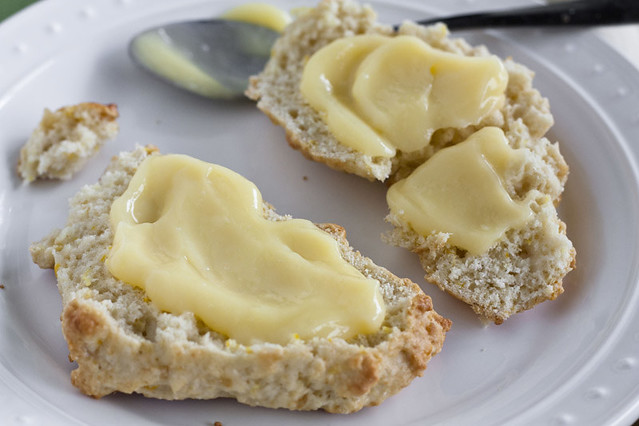
Lemon-Ginger Scones
Adapted from Molly Weizenburg's A Homemade Life
2 cups all-purpose flour
2 teaspoons baking powder
1/2 teaspoon salt
4 tablespoons cold, unsalted butter, cut into 1/2-inch cubes
4 tablespoons sugar
2 teaspoons grated lemon zest
1/4 cup chopped crystalized ginger
1/2 cup half-and-half, plus more for glazing
1 egg
1/2 teaspoon vanilla extract
1. Preheat oven to 425F. In a large bowl sift together the flour, baking powder and salt. Using your hands, rub the butter into the flour mixture until it looks like coarse meal. Add the sugar, lemon zest, and ginger and whisk to incorporate.
2. Stir together the half-and-half, vanilla extract, and egg in a bowl. Add to flour mixture and stir gently to combine. The dough will be shaggy and sticky. Using your hands squeeze the dough together into a rough mass. Turn out onto lightly floured countertop and knead a few times just to bring it together. As soon as the dough holds pat it into a circle and cut into wedges.
3. Place wedges onto parchment lined baking sheet. Brush with extra half-and-half. Bake for 10-14 minutes, or until pale golden. Cool on wire rack and serve warm or at room temperature. Store in an air tight container for up to four days.
Lemon Curd
Adapted from Cindy Mushet's The Art & Soul of Baking
3 large eggs
3 large egg yolks
1 cup sugar
3/4 cup lemon juice
6 tablespoons cold, unsalted butter, cut into 1/2-inch cubes
1. Fill a large bowl halfway up with ice water. Place a strainer over another bowl set it aside. Fill the bottom of a double-boiler with at least 2 inches of water. The water should not touch the top part of the double-boiler. (You can do a makeshift double-boiler by using a pot and a metal mixing bowl.) Bring to a rolling boil.
2. In the metal bowl or top part of the double boiler whisk together the eggs, egg yolks, and sugar until well blended. Add the lemon juice and stir together. Place bowl over the boiling water and cook, stirring constantly, but leisurely, for 7-10 minutes being sure to scrape the bottom and sides frequently to prevent the eggs from scrambling. When the curd is thick and holds its shape (you should be able to lift the whisk and when the curd falls back down it should remain distinct on the surface) take it off the heat.
3. Immediately pour the curd through the strainer and into the bowl under it to catch all the bits of scrambled egg (there is always some). Add the butter to the curd and let sit for a minute to melt before stirring it in. Press plastic wrap onto the surface of the curd to prevent a skin from forming. Place the bowl of curd into the bowl of ice water. Once curd has completely cooled, use or store in the refrigerator until needed for up to a week.









